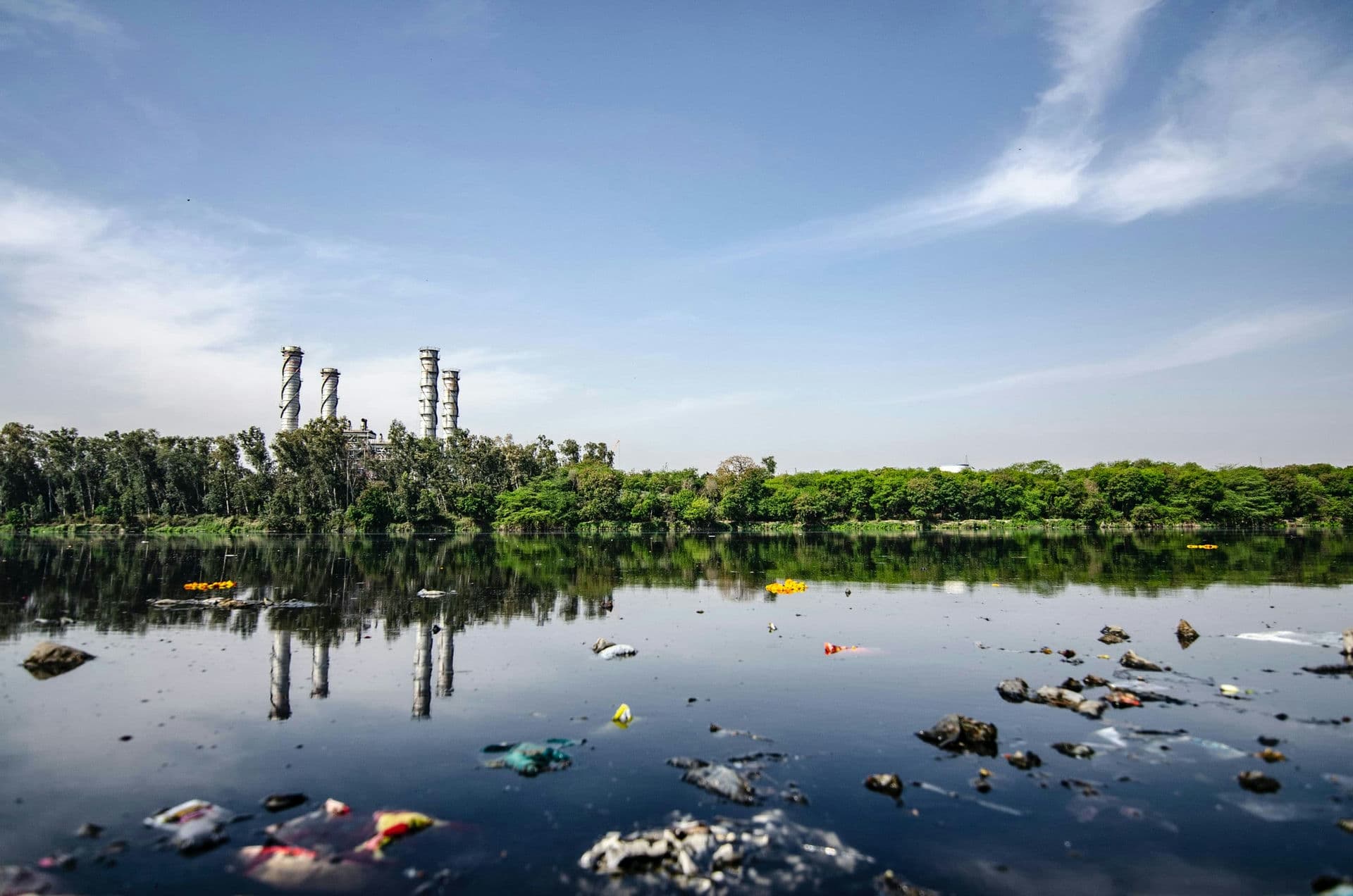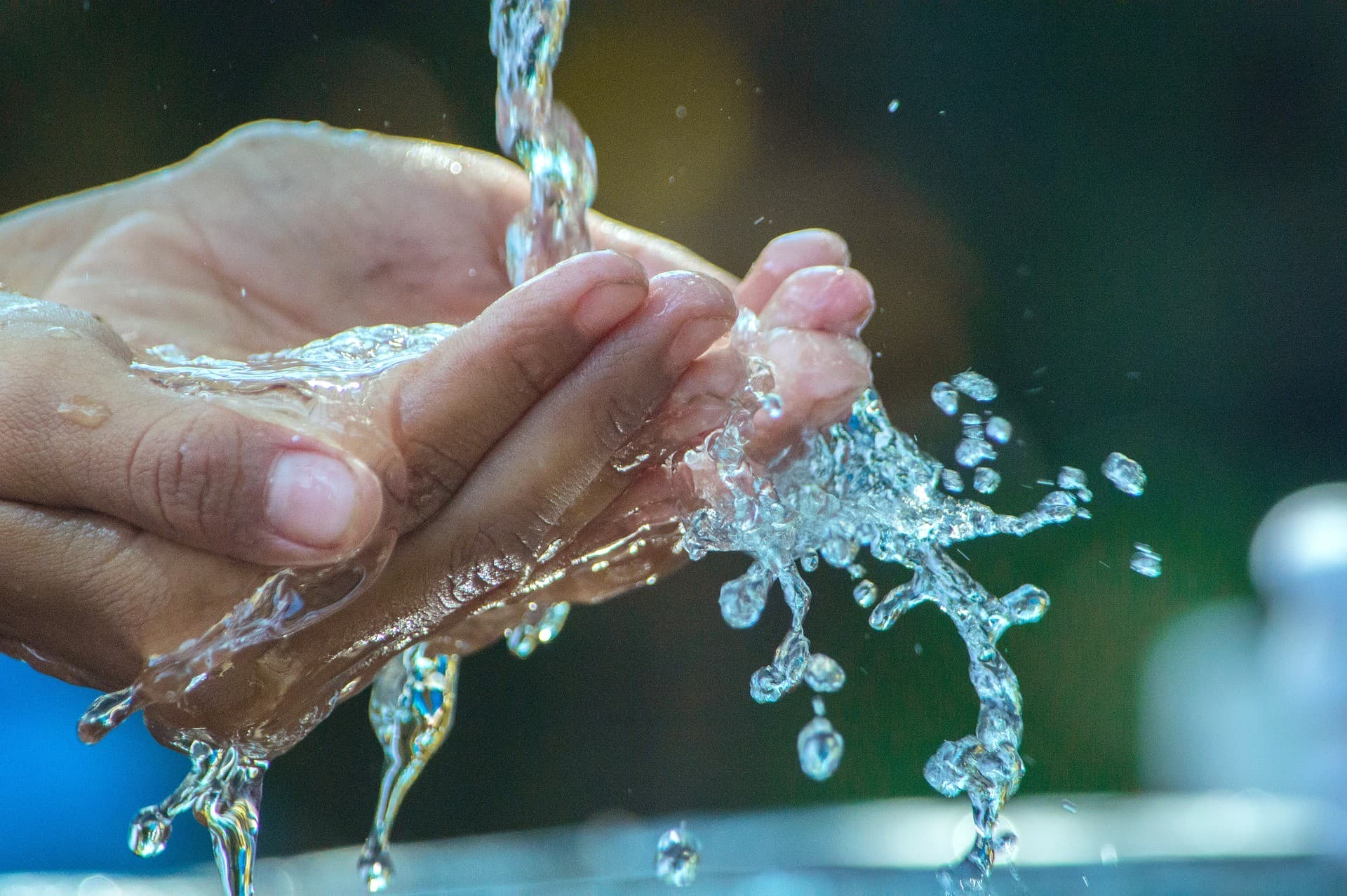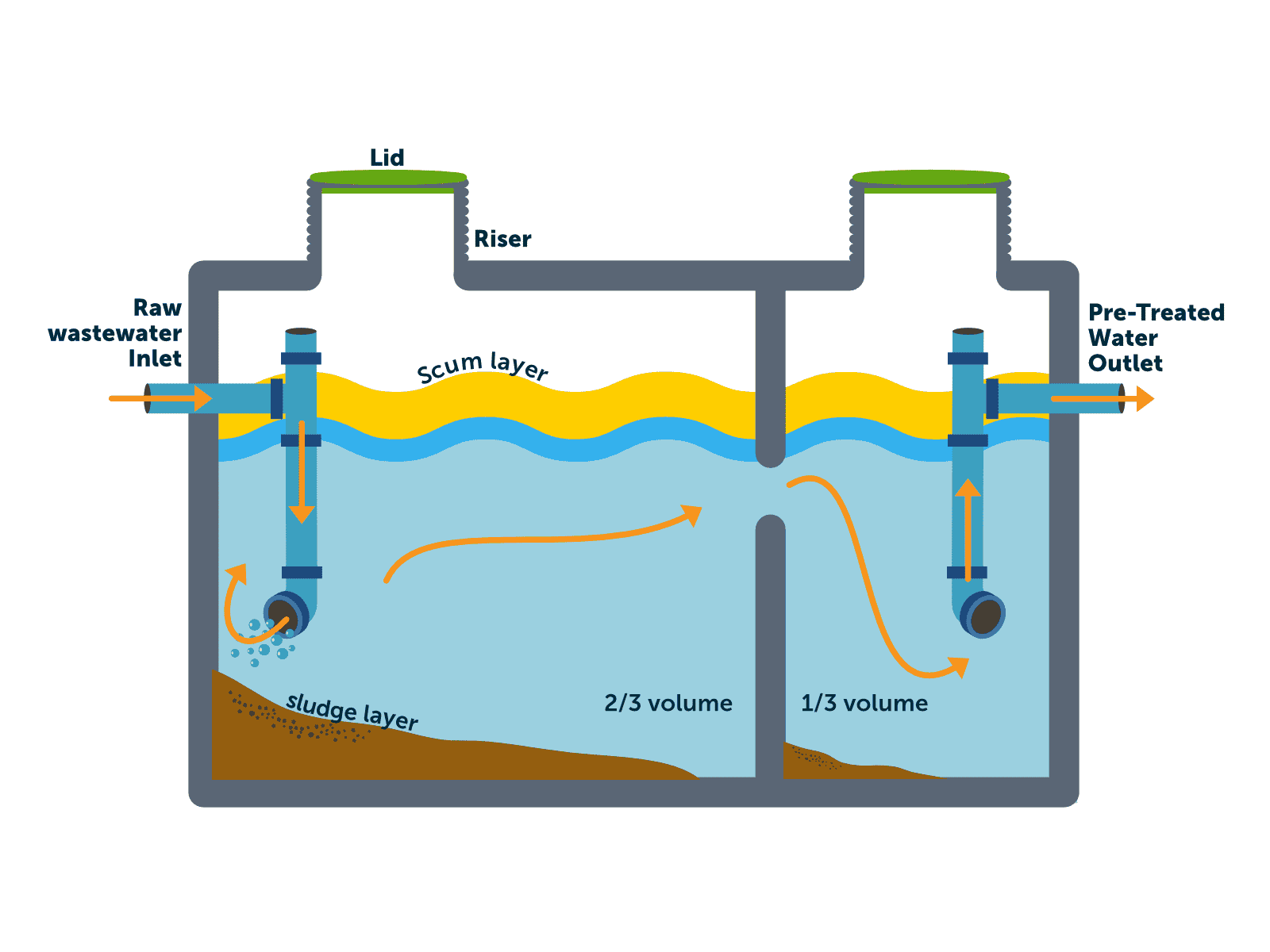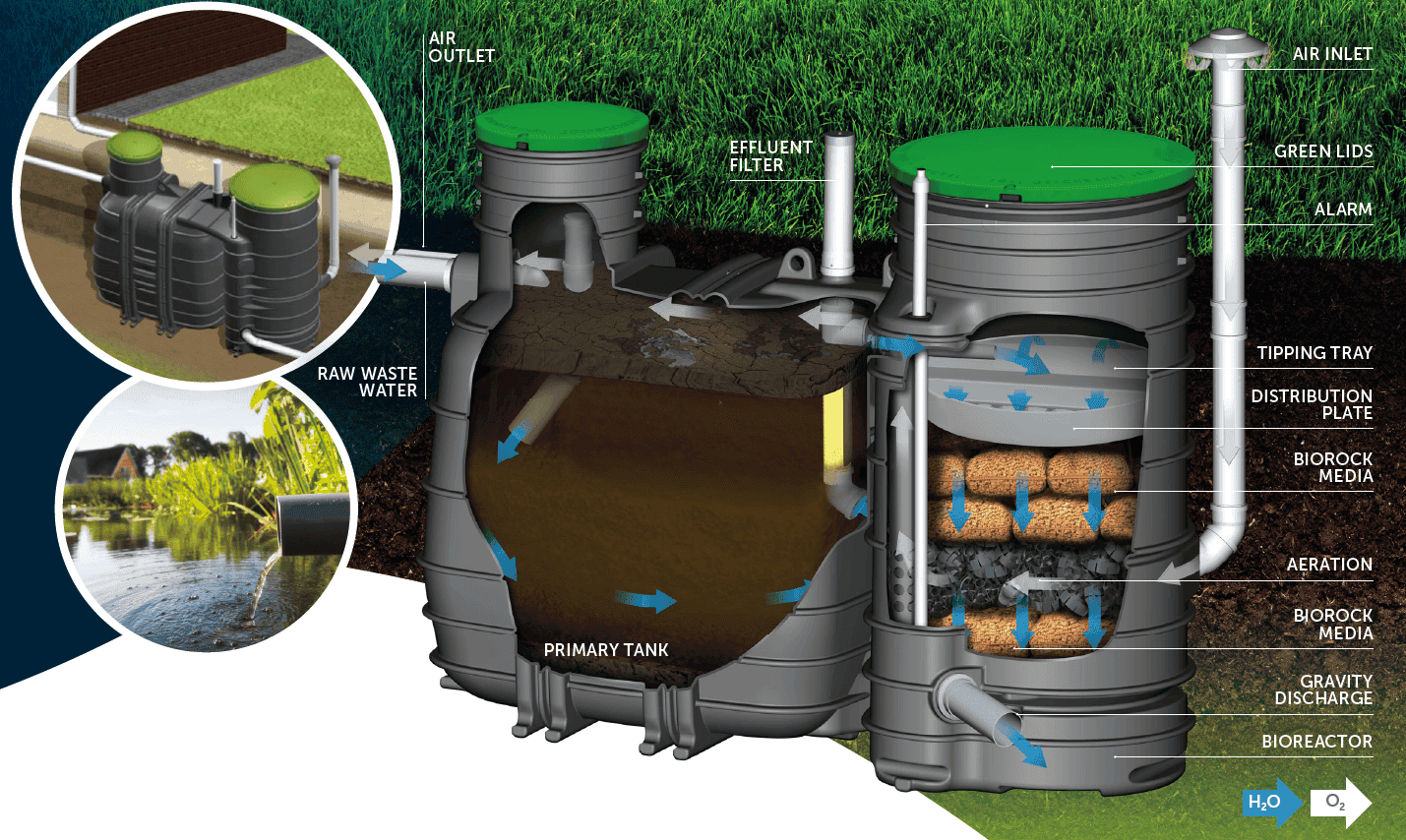
With the meteoric increase in population comes a meteoric increase in water consumption and pollution! The challenge is therefore to develop wastewater treatment technologies that are both efficient and accessible to all so that no more polluted water is discharged into the environment.
First of all, it is essential to know what is considered to be wastewater. This includes water from homes and businesses, but also snowmelt and runoff from outdoor activities.
In this article, we will highlight the different steps and methods that can be used to treat this wastewater, but also the characteristics that should be taken into account when choosing the right wastewater treatment system.
 Wastewater contains all kinds of pollutants: biological, physical, and chemical. This is why it is important to ensure that the water released into the environment is clean and can be reused for agricultural purposes such as soil irrigation.
Wastewater contains all kinds of pollutants: biological, physical, and chemical. This is why it is important to ensure that the water released into the environment is clean and can be reused for agricultural purposes such as soil irrigation.
The goal is to preserve nature while saving costs and energy.
Water treatment is done in several phases and at each stage, a different method is used.
 Be reassured, the first two stages of treatment, which are sufficient for the treatment of domestic wastewater, do not use any chemical products. Good news, right?
Be reassured, the first two stages of treatment, which are sufficient for the treatment of domestic wastewater, do not use any chemical products. Good news, right?
The first phase of water treatment uses a physical approach to remove the densest impurities from the water, hence the name: physical method.
The physical method, or primary decantation, is done in a tank called "Primary Tank". By the force of gravity, all solids, heavier than water, fall to the bottom of the tank and all oily materials float to the surface. The pre-treated water then passes through a pre-filter, which looks like a large brush, before flowing into the treatment tank.
Let's introduce the second phase which comes after the decanting or pre-treatment stage. At BIOROCK, all our products use a biological method!
This biological treatment involves the use of micro-bacteria. These bacteria feed on the pollutants present in the water, thus allowing the decomposition of waste and the elimination of all polluting micro-particles.
 Two processes can be used to treat water biologically:
Two processes can be used to treat water biologically:
The aerobic process: This is the process we use in our BIOROCK wastewater treatment systems. Bacteria are hungry for the organic waste present in the wastewater, devour them and convert them into CO2. For this to work, there must be a circulation of oxygen in the tank. Bacteria need to breathe, just like us!
Fermentation process (Anaerobic): The waste in the water ferments at a certain temperature. Unlike the aerobic process, no air is required for this process.

At BIOROCK, we want to use only the most ecological and sustainable sanitation methods possible. That's why our solutions filter water using a mineral media: rock wool. Our two-stage ECOROCK and MULTIROCK non-collective sanitation solutions consist of an all-water tank (primary decantation) and a treatment tank using an aerobic treatment process.
To choose the right wastewater treatment method for your needs, you must take into account several characteristics: the type of wastewater you want to treat, the bacteria present in this water, and also the destination of the water after its treatment.
Don't forget that the method(s) you choose must always respect the regulations in force in the locality where the installation is located. Naturally, they must respect the environment as much as possible in order to respect your sustainable development approach.
Do you want to choose the most ecological, economical, and efficient non-collective sanitation solution on the market for your home, restaurant, or even hotel? Our qualified technicians are at your disposal to assist you in your project.
Contact them right away by sending an email to the following address: info@biorock.com

Water treatment is a crucial element for the protection of the environment.
Discharging clean water back into nature or using it for agricultural purposes for soil irrigation, contributes to the protection of biodiversity and our planet, and therefore of future generations.
Treating your water biologically before releasing it into nature is protecting the environment and the biodiversity that surrounds it, so what are you waiting for?